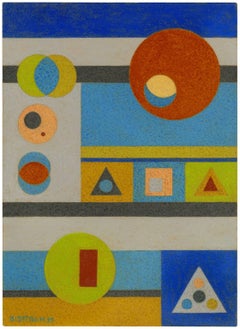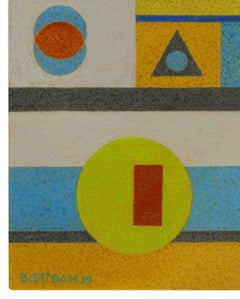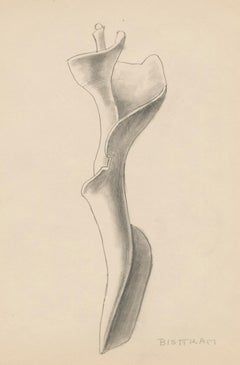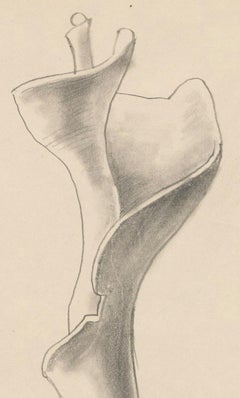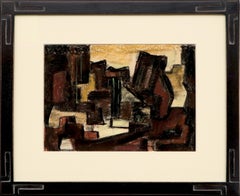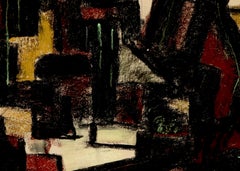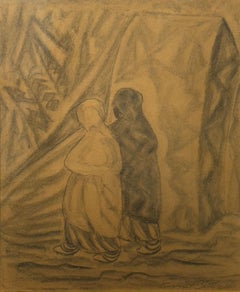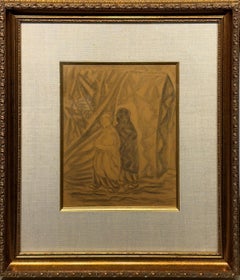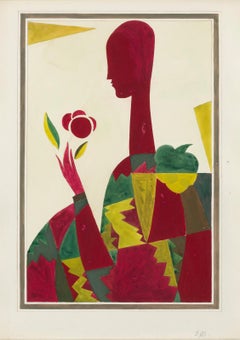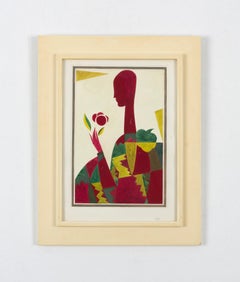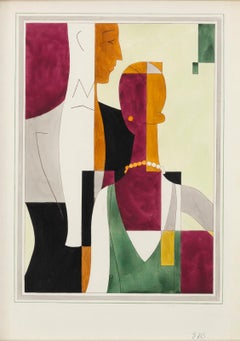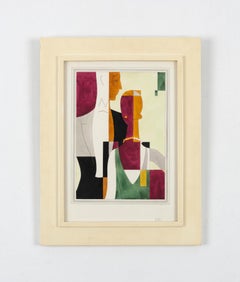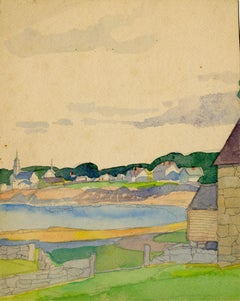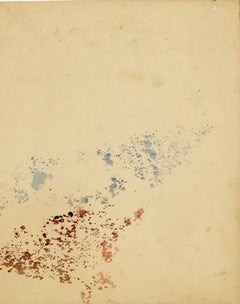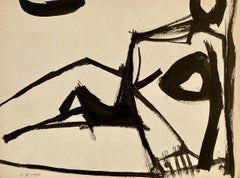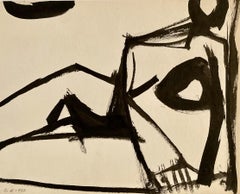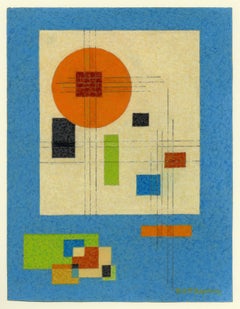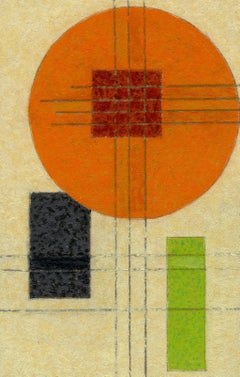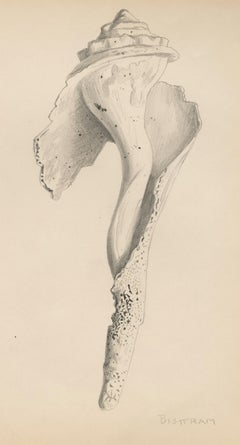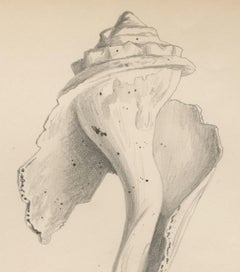By David Burliuk
Located in Surfside, FL
David Burliuk (Ukrainian, 1882-1967)
Three figure on the beach (Hamptons, Long Island New York)
Conte crayon drawing on paper.
Hand signed lower left.
Unframed
Provenance: Bloomsbury Auctions
David Davidovich Burliuk (Дави́д Дави́дович Бурлю́к; 1882-1967) was a Russian poet, artist and publicist of Ukrainian origin associated with the Futurist and Neo-Primitivist movements. Burliuk has been described as "the father of Russian Futurism."
David Burliuk was born on 21 July 1882 in the village of Riabushky (near Lebedyn, Ukraine) in the Kharkov Governorate of the Russian Empire. Burliuk's family was artistically inclined; two of his brothers were talented artists as well, Nikolai and Volodimir Burliuk. The Burliuk family partly descended from Ukrainian Cossacks on their father's side, who held premier positions in the Hetmanate. His mother, Ludmyla Mikhnevich, was of ethnic Belarusian descent.
From 1898 to 1904, he studied at Kazan and Odesa art schools, as well as at the Royal Academy in Munich. His exuberant, extroverted character was recognized by Anton Azhbe, his professor at the Munich Academy, who called Burliuk a "wonderful wild steppe horse". During a time of significant industrialization and political change, movements such as the famed Der Blaue Reiter, a group Burliuk associated with in 1912, while he was in Munich, emphasized a shift away from the classical styles of the past, prioritizing the innovations of the future.
In 1907, he made contact with the Russian art world; he met and befriended Mikhail Larionov, and they are both credited as being major forces in bringing together the contemporary art world. In 1908, an exhibition with the group Zveno ("The Link") in Kiev was organized by David Burliuk together with Wladimir Baranoff-Rossine, Alexander Bogomazov, his brother Volodymyr (Wladimir) Burliuk and Aleksandra Exter. The exhibition was a flop, especially because they were all unknown painters. The Burliuks and Larionov left for the aforementioned brothers' home in Chernianka, also known as Hylea; it was during this stay that their work became more Avant-Garde. That autumn, while visiting Ekster, they organized an exhibition which took place in the street; it was a success, and enough money was raised to go to Moscow.
In 1909, Burliuk painted a portrait of his future wife, Marussia, on a background of flowers and rocks...
Category
Mid-20th Century American Modern Emil Bisttram Art
MaterialsPaper, Conté, Crayon
